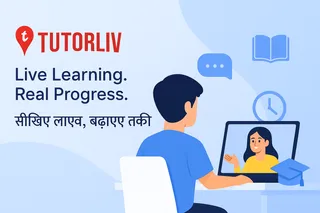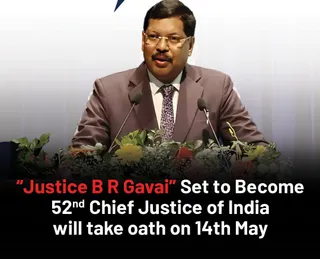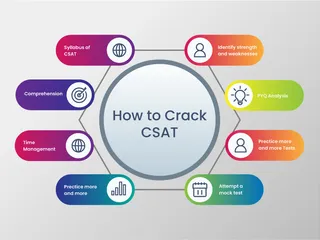Judicial review is the power of a court to review laws or government actions and to declare them invalid if they are incompatible with a higher authority, such as a constitution. It's a fundamental principle in many democratic systems, acting as a crucial check on the power of the legislature and executive branches of government.
How Judicial Review Works
The process typically involves a legal challenge brought before a court. A party believes a law or government action violates their rights or is unconstitutional. The court then examines the challenged action against the relevant legal framework, usually a constitution or statute. If the court finds the action to be invalid, it can strike it down, rendering it unenforceable.
Importance of Judicial Review
Judicial review serves several vital purposes:
- Protecting individual rights: It safeguards citizens' rights and freedoms from encroachment by the government.
- Ensuring government accountability: It holds the government accountable for its actions, ensuring they operate within the bounds of the law.
- Upholding the rule of law: It reinforces the principle of the rule of law, meaning everyone, including the government, is subject to and accountable under the law.
- Maintaining checks and balances: It forms part of the system of checks and balances, preventing the concentration of power in any one branch of government.
Landmark Cases
Many landmark cases have shaped the understanding and application of judicial review. For example, in the United States, Marbury v. Madison (1803) established the Supreme Court's power of judicial review. [You can find more information on this case here: https://en.wikipedia.org/wiki/Marbury_v._Madison]
Different countries have different mechanisms and approaches to judicial review. The specific powers and limitations of judicial review can vary depending on a nation's legal and political system.
Further Exploration
To learn more about judicial review in specific jurisdictions, you can consult legal resources and academic articles relating to constitutional law and judicial process.















































 (24)jpeg-1722421859875.jpeg.webp)




